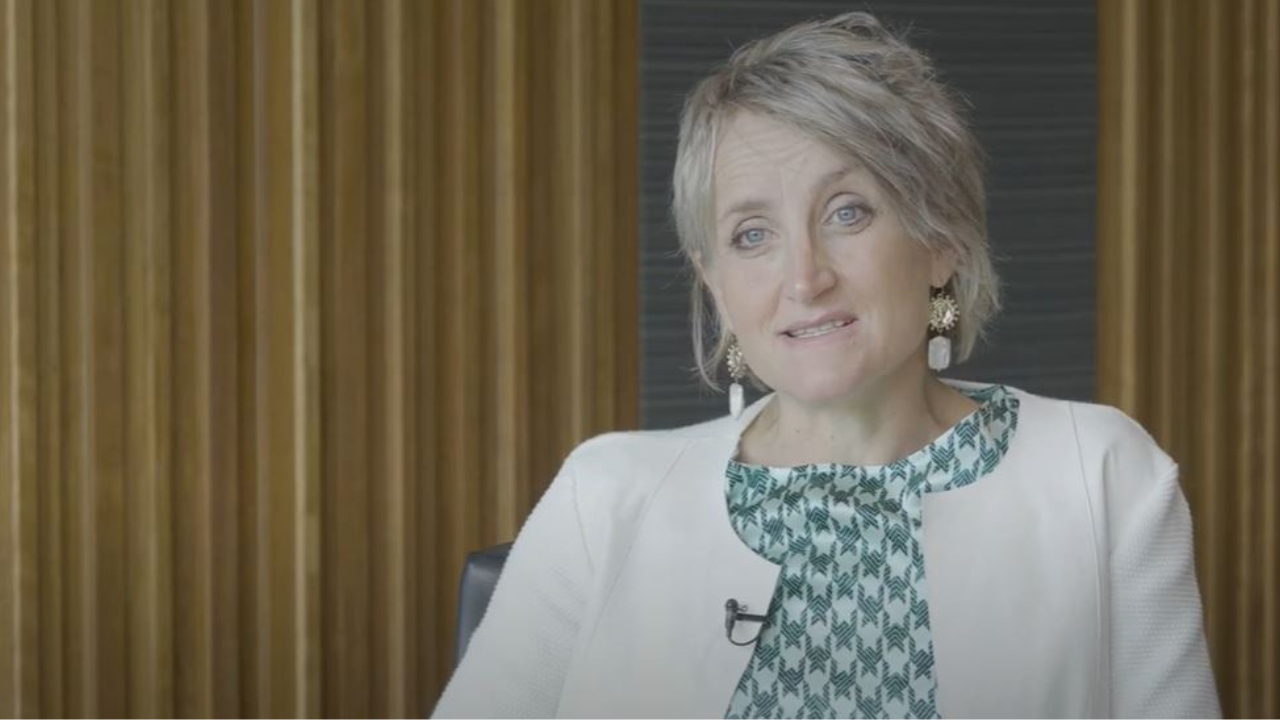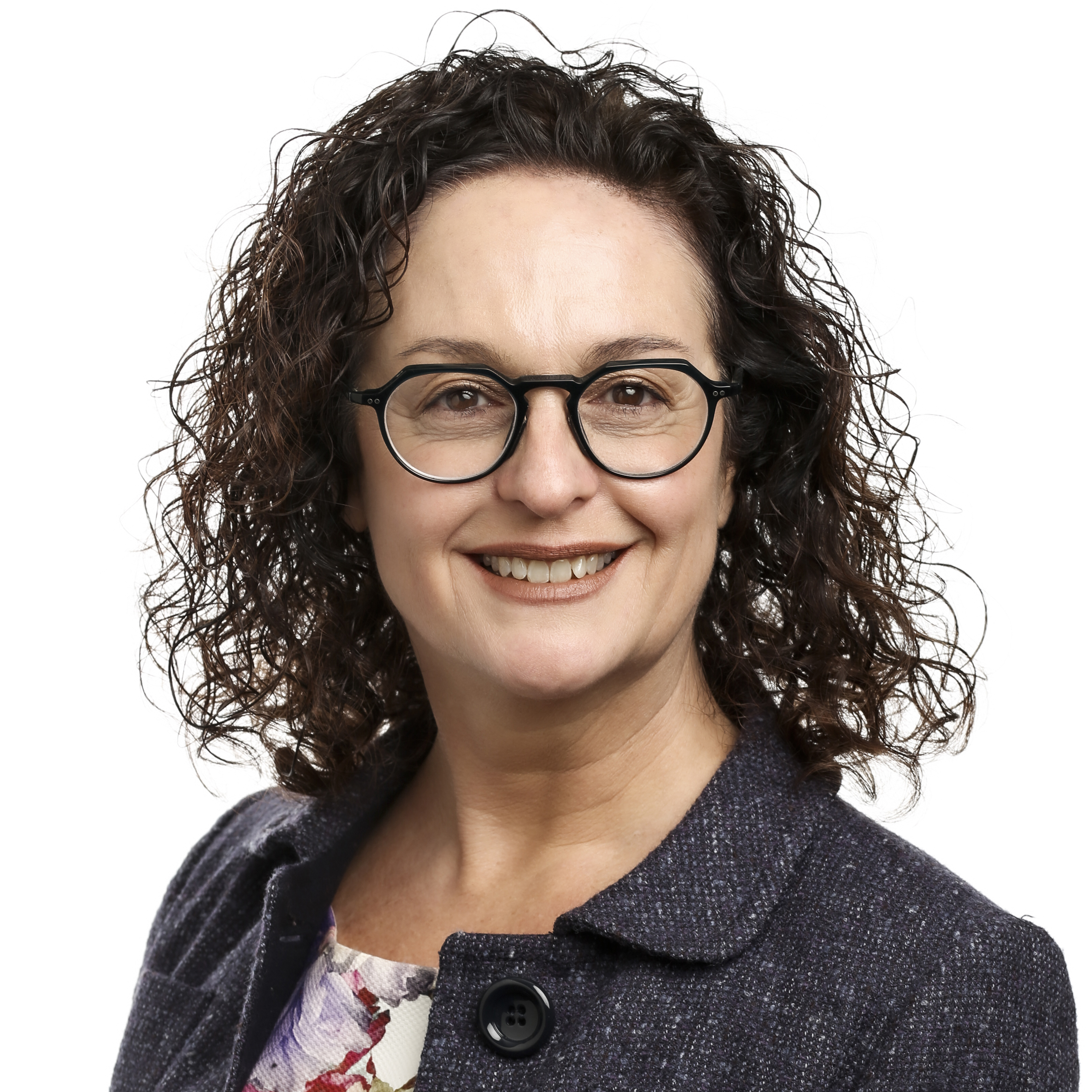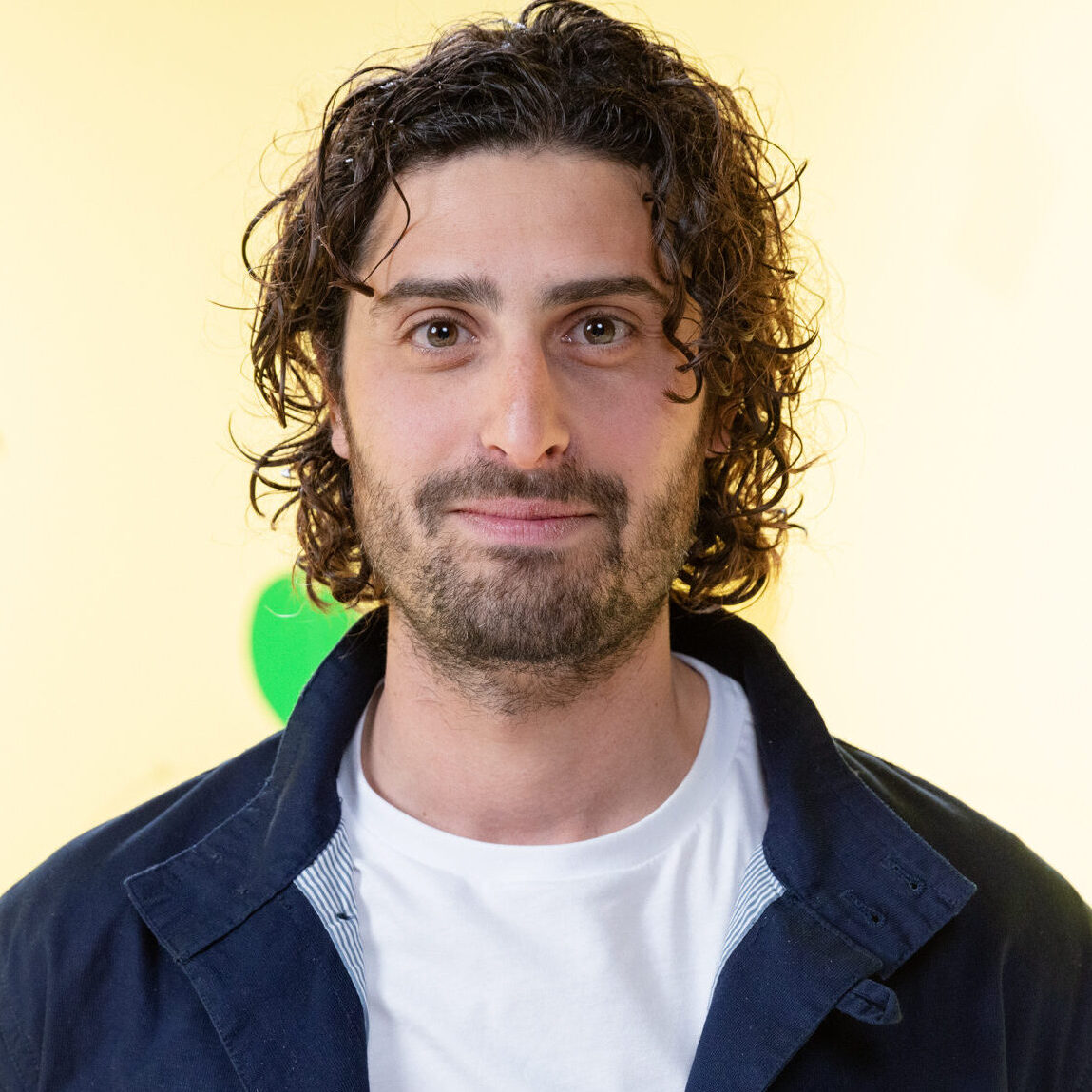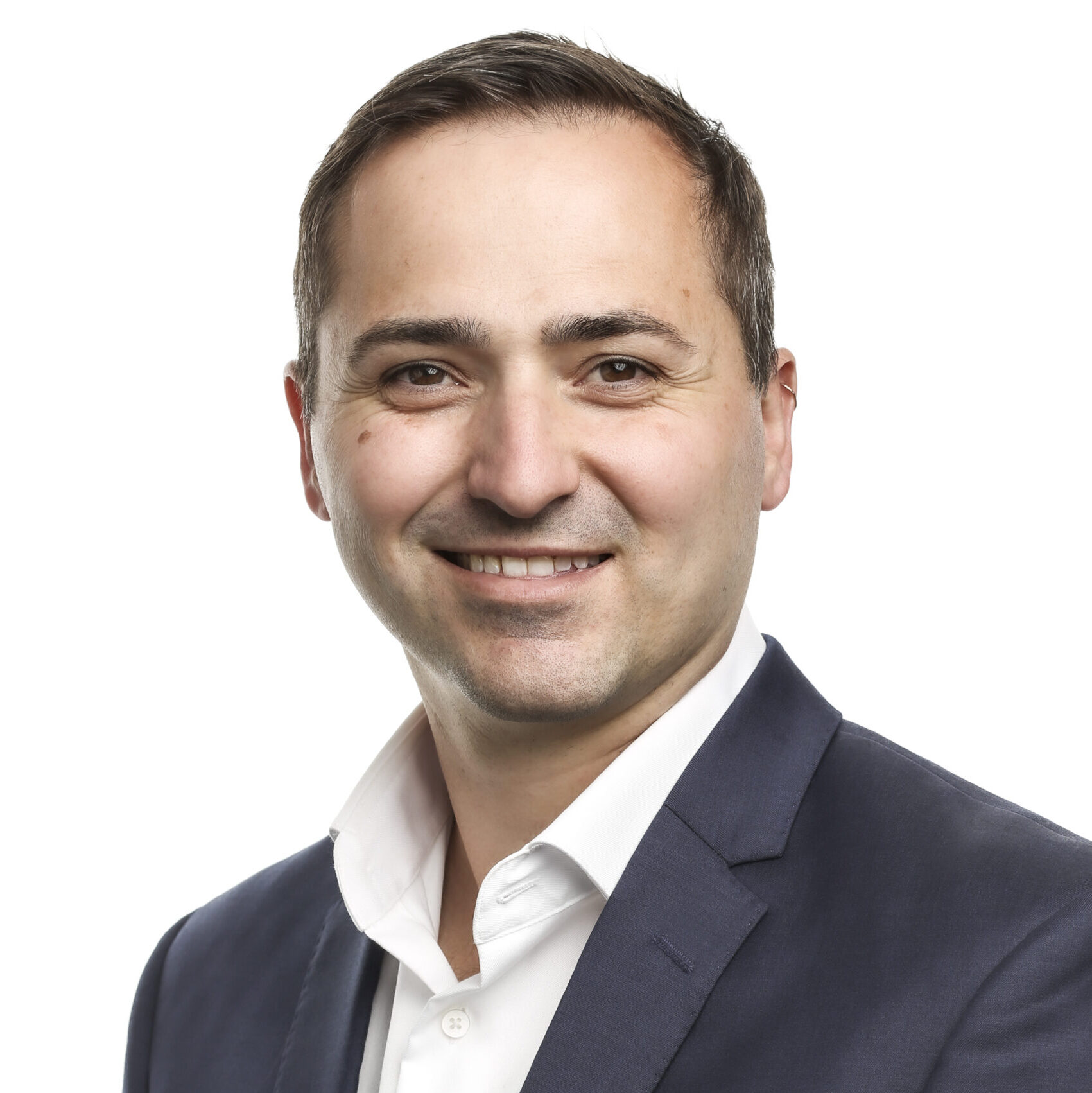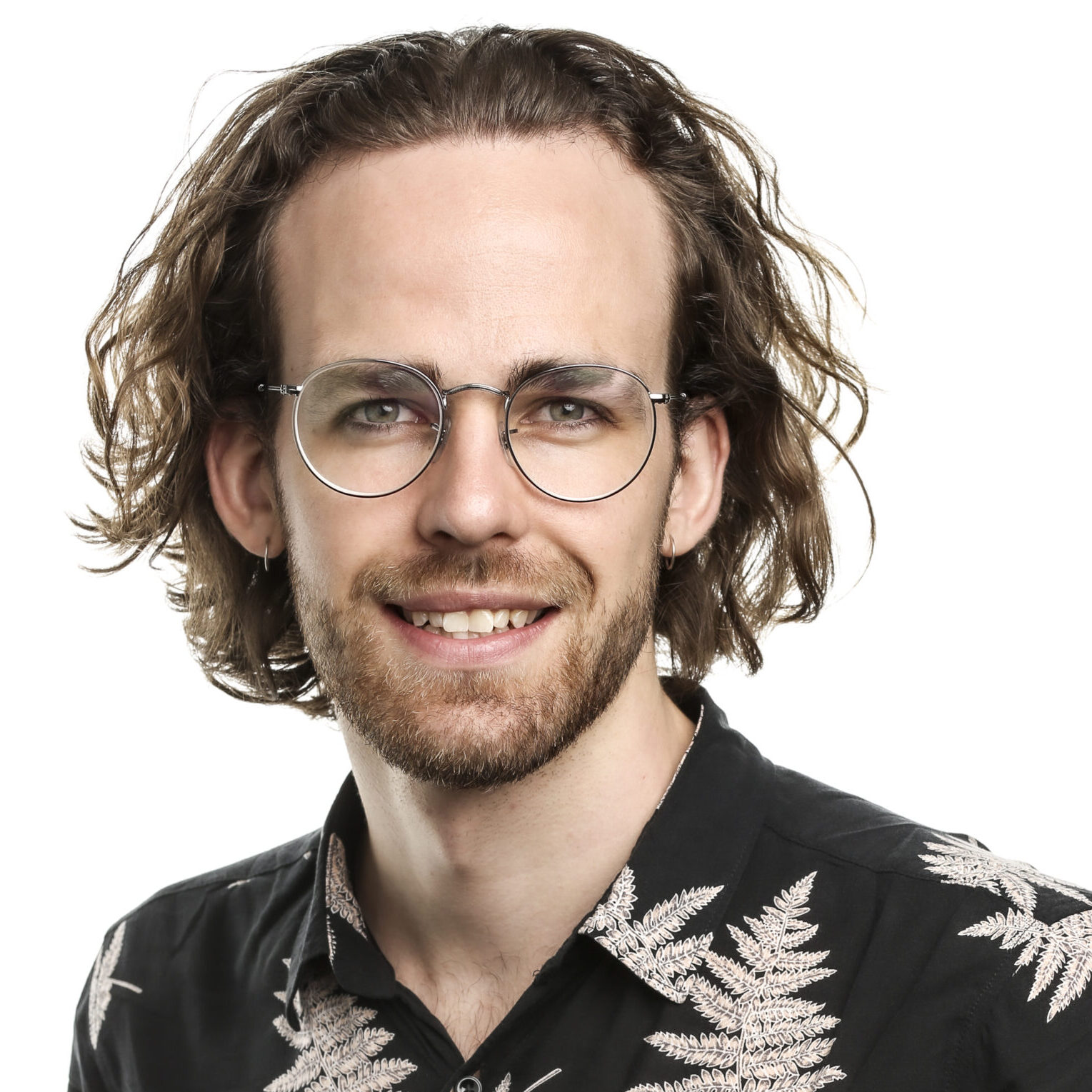A comprehensive approach
One in 200 people experience psychosis: disturbances to thinking, perception, emotions, language, sense of self and behaviour. Schizophrenia and other psychoses usually start in the teens or early 20s, and can make it difficult to study, work or have positive relationships. The Mindgardens Psychosis Flagship integrates clinical care, psychosocial support and research, focusing on the impact on people’s lives.
In this video, Associate Professor Julia Lappin discusses the Mindgardens Tertiary Referral Service for Psychosis, which is building advanced skills among NSW clinicians to work effectively with people with psychosis, and offers a specialised assessment service to people living with complex psychotic illnesses.
Statistics
1/200
One in 200 Australians access care for psychosis each year
50%
Half of people with psychosis have thought about or made a previous suicide attempt
66%
Up to 66% of people with psychosis smoke tobacco
1/3
Over a third of people with psychosis face employment issues
Psychosis Services
Keeping the Body in Mind(gardens)
Keeping the Body in Mind (KBIM) focuses on physical health care for people who experience complex mental illness. Provided by the South Eastern Sydney Local Health District, it offers individualised diet, exercise, smoking cessation and vaccination support. KBIM(gardens), a Mindgardens collaboration, ensures all these interventions are rigorously researched and evaluated.
Keeping the Body in Mind(gardens)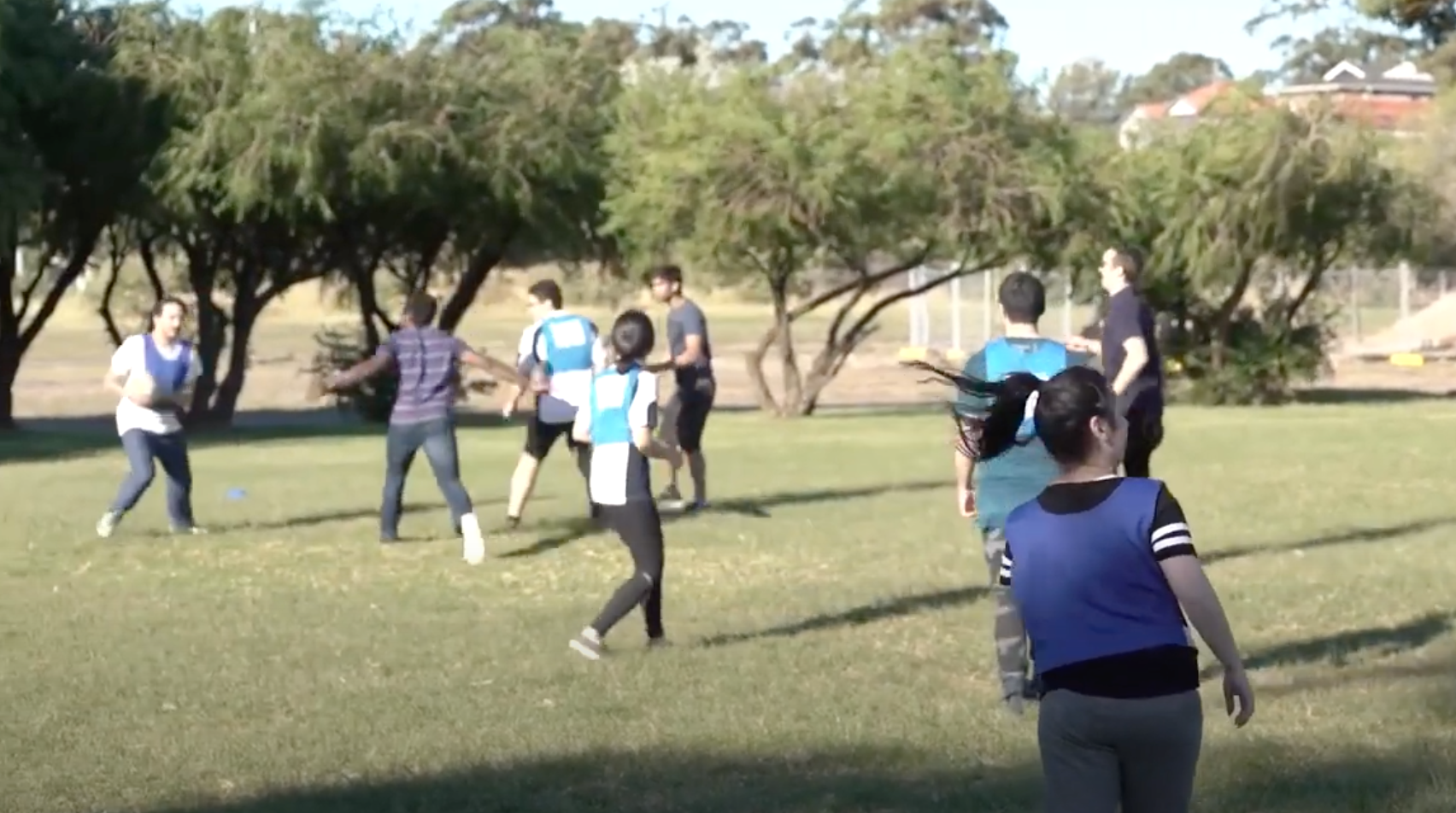
Tertiary Referral Service for Psychosis
The Tertiary Referral Service for Psychosis is NSW’s only specialised tertiary referral psychosis service and leads the way in setting new benchmarks for the quality of clinical care in public mental health services. This pioneering centre combines expert clinical assessments and treatments with professional education and training in clinical skills, family and community engagement and research.
The NSW Tertiary Referral Service for Psychosis
How MindLabs contributes
Advocacy for system change
Optimisation of research agenda
Connecting clinicians, consumers and researchers
Optimising the research agenda
Building clinicians’ research skills
Enhancing lived experience engagement in psychosis healthcare reform
Researchers
INTERACTION: Intergenerational clinical trial in at risk older adults and pre-school children
The Clinical Course of Bipolar Disorder
Integrated Care Pathways for People with Co-occuring Mental Health and Substance Use Problems
Keep Quitting in Mind: Smoking & Vaping Support
Semaglutide to reduce metabolic risk in people with psychosis
Keeping the Body in Mind: Primary Care
Brings together the strengths of four founding organisations


